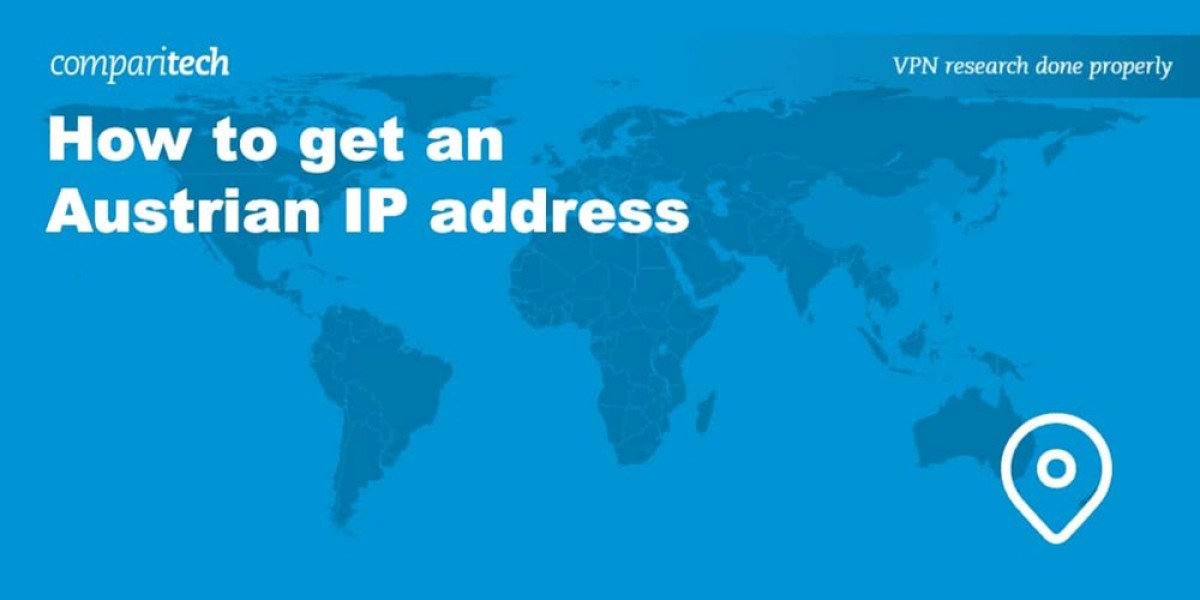The parking industry is shifting its focus from managing static assets to orchestrating the dynamic flow of vehicles and people. Modern parking management is an intelligence-driven operation that leverages data analytics, cloud software, and IoT connectivity to optimize the use of valuable urban real estate. This transformation is turning parking facilities and curbsides into responsive nodes within the transportation network, reducing environmental impact and creating new revenue streams for operators and cities alike.
According to Straits Research, the global parking management sector was valued at USD 5.60 billion in 2024 and is expected to grow from USD 6.20 billion in 2025 to reach USD 14.09 billion by 2033, growing at a CAGR of 10.8% during the forecast period (2025-2033). This expansion is not merely about more parking lots; it's about adding intelligence to existing infrastructure. The growth is propelled by the rising cost of urban land, the imperative to reduce traffic congestion and its associated emissions, and consumer demand for frictionless digital experiences.
Competitive Landscape and Regional Strategies
The competition is fierce between end-to-end solution providers and best-of-breed specialists.
The End-to-End Integrators:
USA: Bosch provides comprehensive solutions through its physical security division, offering everything from LPR hardware and barrier systems to centralized management software for large-scale parking operations at airports and hospitals.
France: Indigo Park (formerly Vinci Park) is one of the world's largest parking operators, investing heavily in its digital platform to offer reservation services, contactless payment, and subscription models across its global portfolio of facilities.
The Software and Analytics Disruptors:
USA: StreetLine, Inc. (acquired by Kapsch TrafficCom) pioneered smart parking sensors and a data platform that provides cities with real-time visibility into curb space occupancy, forming the foundation for modern curb management.
Israel: Anagog Ltd. uses AI and smartphone sensor data to predict parking availability and driver behavior, offering predictive analytics to app developers and cities without the need for expensive hardware infrastructure.
Regional Leaders and Niche Specialists:
Australia: Secure Parking (part of the Parkopedia network) has a strong presence in the Asia-Pacific region, focusing on integrating pre-booking and cashless payments across its network.
UAE: Dubai-based companies are at the forefront of implementing fully integrated smart city parking solutions, mandated by government initiatives that promote digitization and AI-driven public services.
Critical Trends Redefining the Sector
The next wave of innovation is focused on:
Predictive Analytics and AI: Systems are now using historical and real-time data to predict parking demand, allowing for proactive management of special events and daily rush hours. AI is also used for anomaly detection, such as identifying vehicles that have overstayed their time in a loading zone.
Monetization of Data: The data collected from parking sensors and payments is becoming a valuable asset itself. Cities and operators are using this data to inform urban planning, traffic management decisions, and to provide valuable insights to retailers about customer travel patterns.
EV Charging Integration: Parking facilities are becoming critical infrastructure for electric vehicle adoption. Modern management systems must integrate EV charging station status, reservation, and payment, often bundling parking and charging fees into a single transaction.
Recent News and Global Updates
Strategic moves continue to shape the industry. Kapsch TrafficCom successfully deployed a city-wide congestion pricing and smart parking system in a major European capital, demonstrating the integration of parking into broader traffic management. Indigo Park launched a new "WePark" initiative, transforming underutilized areas of its parking garages into co-working and storage spaces. Meanwhile, a recent study by the International Parking & Mobility Institute highlighted that cities with dynamic pricing models saw a 10% reduction in time spent searching for parking, validating the efficacy of data-driven approaches.
Summary
Parking management is being redefined as a data-centric service crucial for urban efficiency and sustainability. Its growth is fueled by the digitalization of mobility and the strategic value of curb space.



